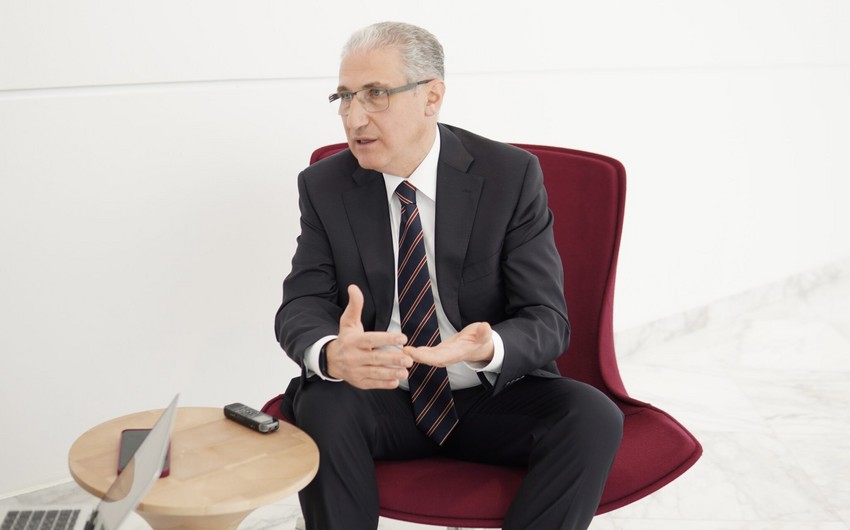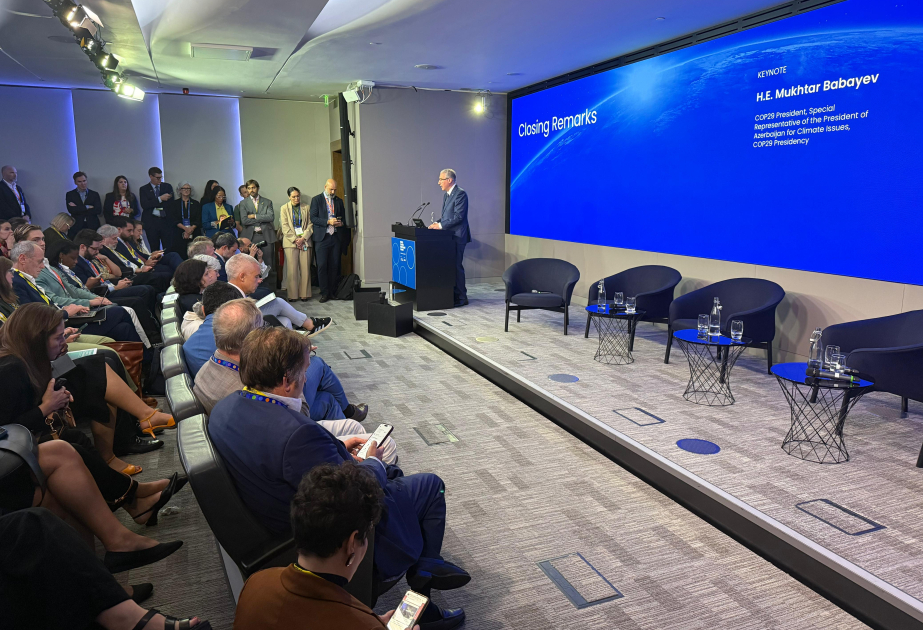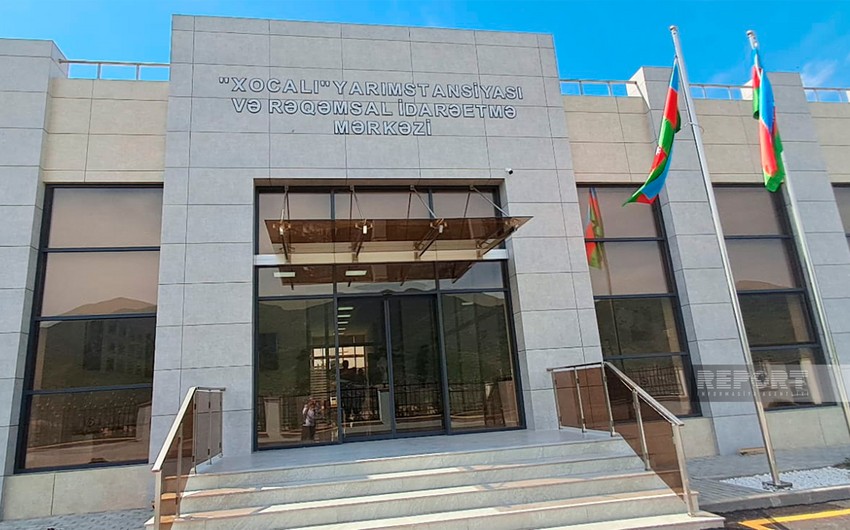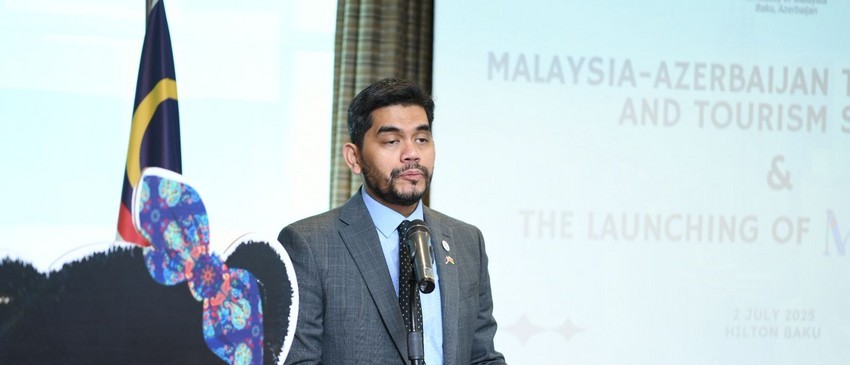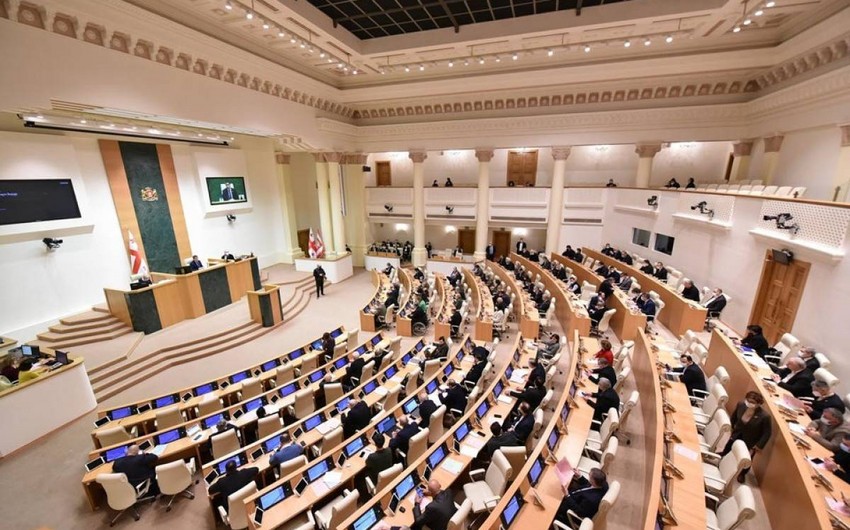The geopolitical situation and the US withdrawal from the Paris Agreement will not stop the global climate movement, Mukhtar Babayev, president of COP29, said in an interview with The Astana Times, EDnews reports.
“The world already faced once in 2016-2017 approximately the same situation. We respect the positions of the countries. Now on board are 196 countries. I understand that the US is a big emitter, big contributor, and big financial source, possibly for the climate projects. But the world is not only one country,” he said.
Many countries, Babayev noted, such as the United Kingdom, China, Australia and the European countries, are increasingly active in stepping up their climate leadership. The priority, he noted, is not only to maintain momentum but also to deepen trust between countries and regions, particularly between the Global North and the Global South.
“We need the solidarity for these issues. (…) We hope that the policy will continue, the climate agenda will continue, because climate change is already here. We face it daily with heat waves and precipitation. We lose the glaciers. [There are] desertification issues,” he said.
Speaking about energy-producing countries, he added that for energy giants like Azerbaijan and Kazakhstan, the challenge is also an opportunity.
“A lot of projects are now implemented in Kazakhstan to use alternative energy more and to use the chance to export alternative energy. Azerbaijan, Kazakhstan and Uzbekistan signed the agreement at COP29, regarding the export of alternative energy from Central Asia through Azerbaijan to the international market. It is the energy corridor. It is huge, a big corridor from east to west,” he explained.
In the regional context, Babayev drew attention to the problem of the shallowing of the Caspian Sea, the world’s largest inland water body. “We need to think about how to protect the Caspian Sea from different risks and challenges. One of the biggest is the decline in the level of the Caspian Sea,” he said. The declining water level of the Caspian Sea, driven by climate change, reduced river inflows, and increased evaporation, poses major risks to agriculture, infrastructure, biodiversity, and logistics.
According to Babayev, the upcoming seventh Caspian summit, which will be held in September in Tehran, will be an important platform for coordinating measures.

